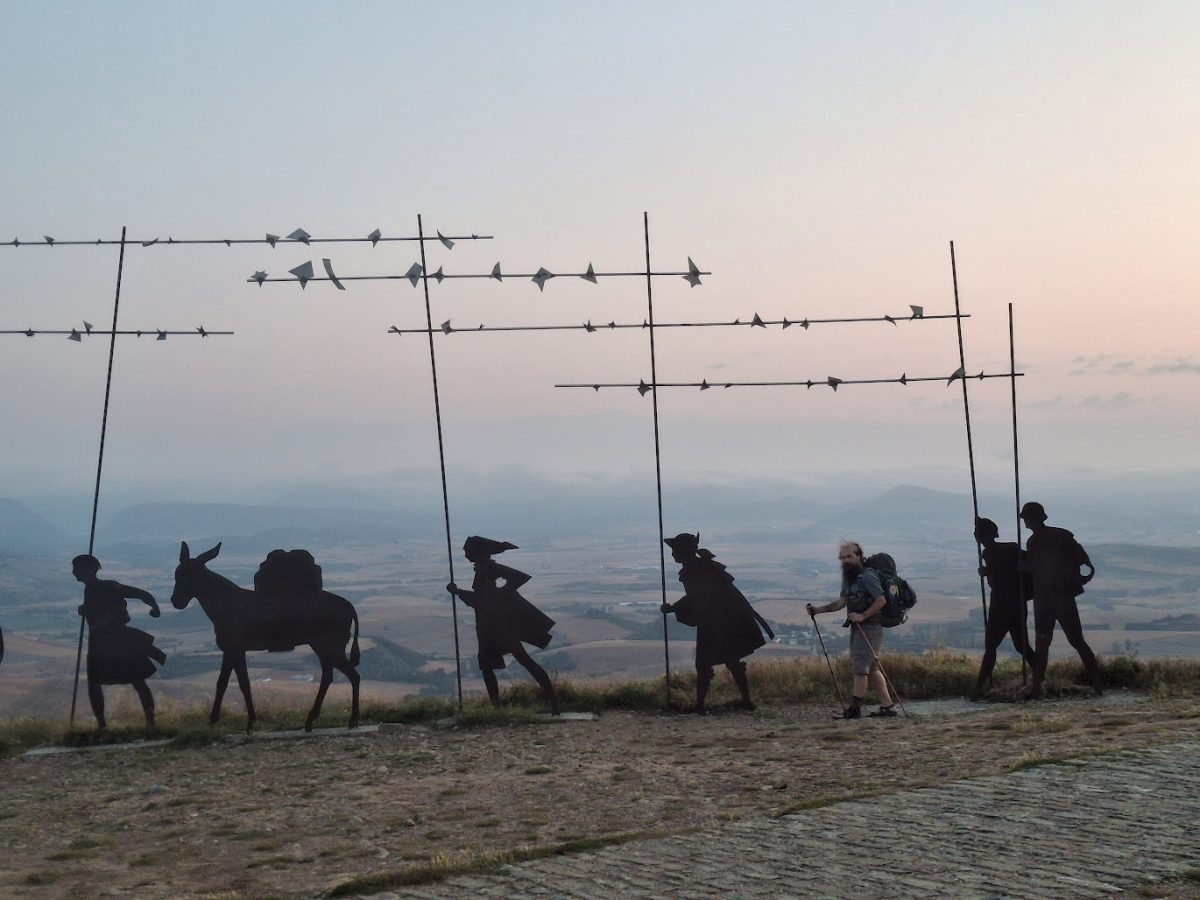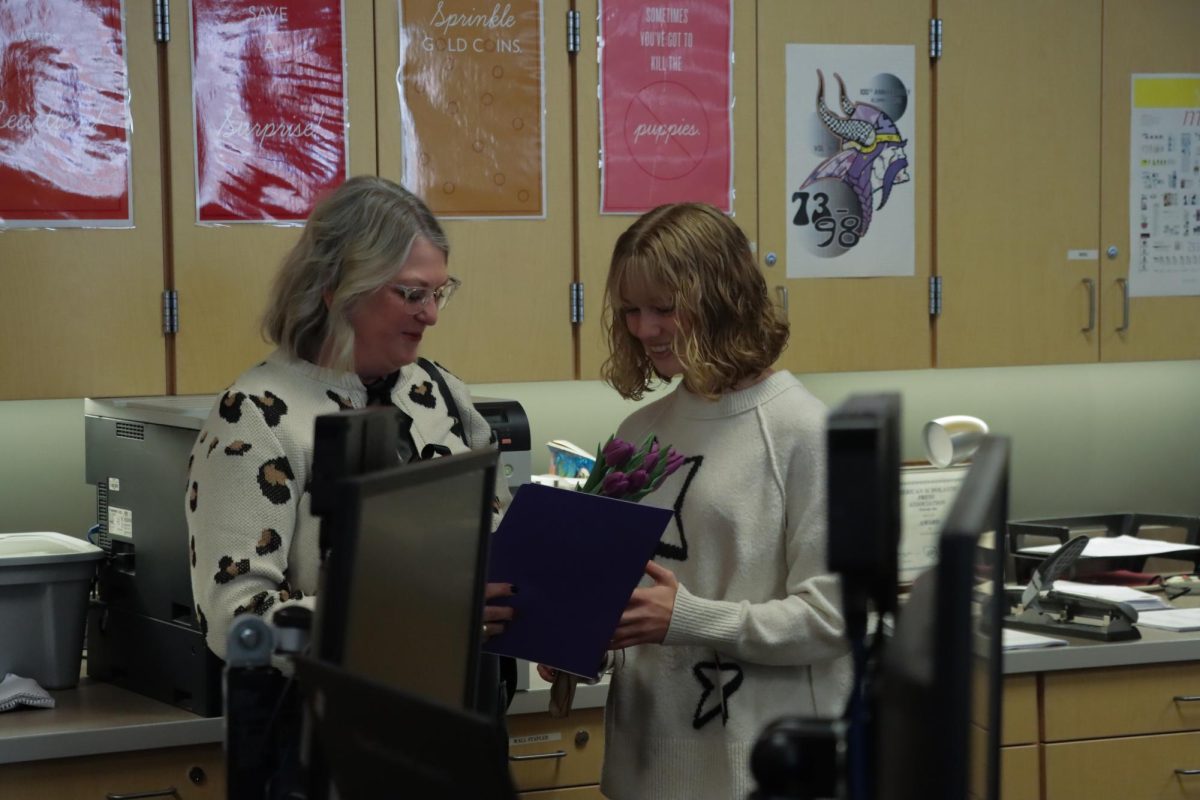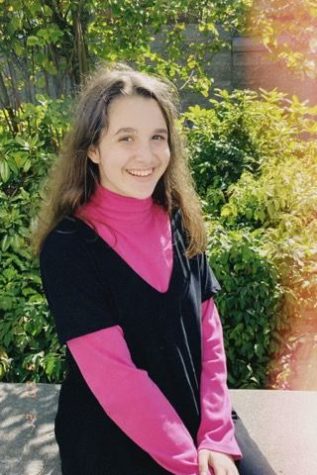How often do you think incidents of racism happens at school?
Perhaps you’ve experienced it or know someone that has experienced it; but what about experiencing it every single day you leave your house, specifically, coming to school?
According to “Oxford Languages”, racism is prejudice, discrimination or antagonism, directed against a person or people on the basis of their membership in a particular racial or ethnic group, typically one that is a minority or marginalized. Despite what you may think of this topic, racism is still very prominent.
A history teacher Mychal Limric, shared his perspective as a teacher that observes racism rather than experiencing it, as well as incidents that have happened with some of his students throughout the years.
“I have heard many students talk about racism they have experienced at school. Some of it is intentional racism and some of it has been described by students as being ignorance on the parts of students and adults,” said Limric. “I’ve seen and heard racist acts at school.”
Desiree Stevenson, a student at Puyallup High School, opened up about the struggles of being a biracial student. Stevenson went on to explain how having one white parent and one black parent often leaves others in disbelief.
“This [treatment] has been throughout my entire life; I’ll say who my parents are, and kids will see that, sometimes even teachers, and they’ll question me like, ‘are those really your parents?’” Stevenson said. “It’s frustrating, because I feel like I have to prove myself and who I am.”
While Stevenson says she hasn’t experienced discrimination that she’s aware of, she says that some people in her family have, specifically, a confusing instance with her brother being pulled out of class alongside his friends.
“But I do have direct family, my brother, who has gone to all the same schools that I have, he’s been pulled out of class, for like, ‘you guys seem like the too cool for school kind of kids’,” Stevenson said.
Stevenson also mentioned labels that come with being biracial, something that she finds very irritating.
“People will often label you as one or the other, as though you have to reject part of your heritage,” Stevenson said. “It’s irritating, because I want to be labeled as both; I want to be who I was born as, and I want to be considered that.”
Limric also touches on racial stereotypes.
“The most common form of racism I see or hear is students’ repeating stereotypes directed at either other students or different cultures,” Limric said.
Another student, Jason Warren, explained his thoughts on racism as someone who doesn’t experience it. Warren says he has witnessed racism towards a friend before, who is Korean, and he expresses his disappointment in these actions.
“One of the students here asked him ‘what race are you?’ and then made fun of him for that,” Warren said. “I think for me, I mean, it makes me mad. Having somebody I know experience something like that, that just makes me mad because they shouldn’t have to experience that ever.”
Warren says he believes racial incidents to be an increasing problem.
“I think the climate surrounding racism has shifted to where people either think it’s not an issue or they think we’ve solved it already,” Warren said.
Warren is confident in his abilities as someone who is privileged to do his part on preventing racism and believes we can all commit to a change.
“It’s something where I think I can do much more on, you know?” Warren said. “In order to fix a problem, you have to be aware of it.”
Limric also displayed his thoughts on taking control of having privilege when it comes to racism at school.
“When I hear students tell me the racism, they experience hurts them, why would I treat that as anything other than something that is my responsibility to address? Privilege equals responsibility. It should be used for good. I intend to always do that,” Limric said.
Senior Bernard Ngere says that racist incidents have happened to him, but he has become used to it. Ngere is African American.
“Since [racial incidents] happen every day, I’m a little more desensitized to it,” Ngere said.
Ngere says that most of his most painful situations have come from his junior high years where several of his peers were into hurtful humor.
“A lot of people were really into offense-based humor, which a lot at the time, I would be the butt of the joke,” Ngere said. “Me being new, having to fit in, I would almost partake it on myself, like, deprecating myself for the good of others.”
Ngere says that stereotypes are placed upon him being a person of color, that often confuse him.
“We had this like, basketball affiliation club type thing for school, and they were giving out flyers in the cafeteria, I’m not particularly tall, I’m not particularly athletic, but I got like, five times more flyers than everybody else,” Ngere said.
Ngere has even been disrespected just by the pronunciation of his last name.
“My last name is Ngere, it’s pronounced ‘Nijer’ or ‘Nijeri’, all types of ways. Like I get that it’s difficult, but people always insert an ‘’I into it,” Ngere said. “I hate asking people to spell my last name because of how much it resembles the n-word.”
Ngere also touched on how he was once called by a name that wasn’t even his, in fact, it was a character from a book an English class he wasn’t in was reading.
“There was this one book that people would read, his name [the character] was Okonkwo, and people would call me that all the time and I had no idea who he was until I asked someone,” Ngere said.
Stevenson says that it is important for privileged readers to know the outside-of-school life as a biracial woman.
“How constantly on guard you have to be, how like, you don’t know if that person down the hall or that person over there is going to not like you or if you’re going somewhere and you’re going to get stared at or assumed something,” Stevenson said.




